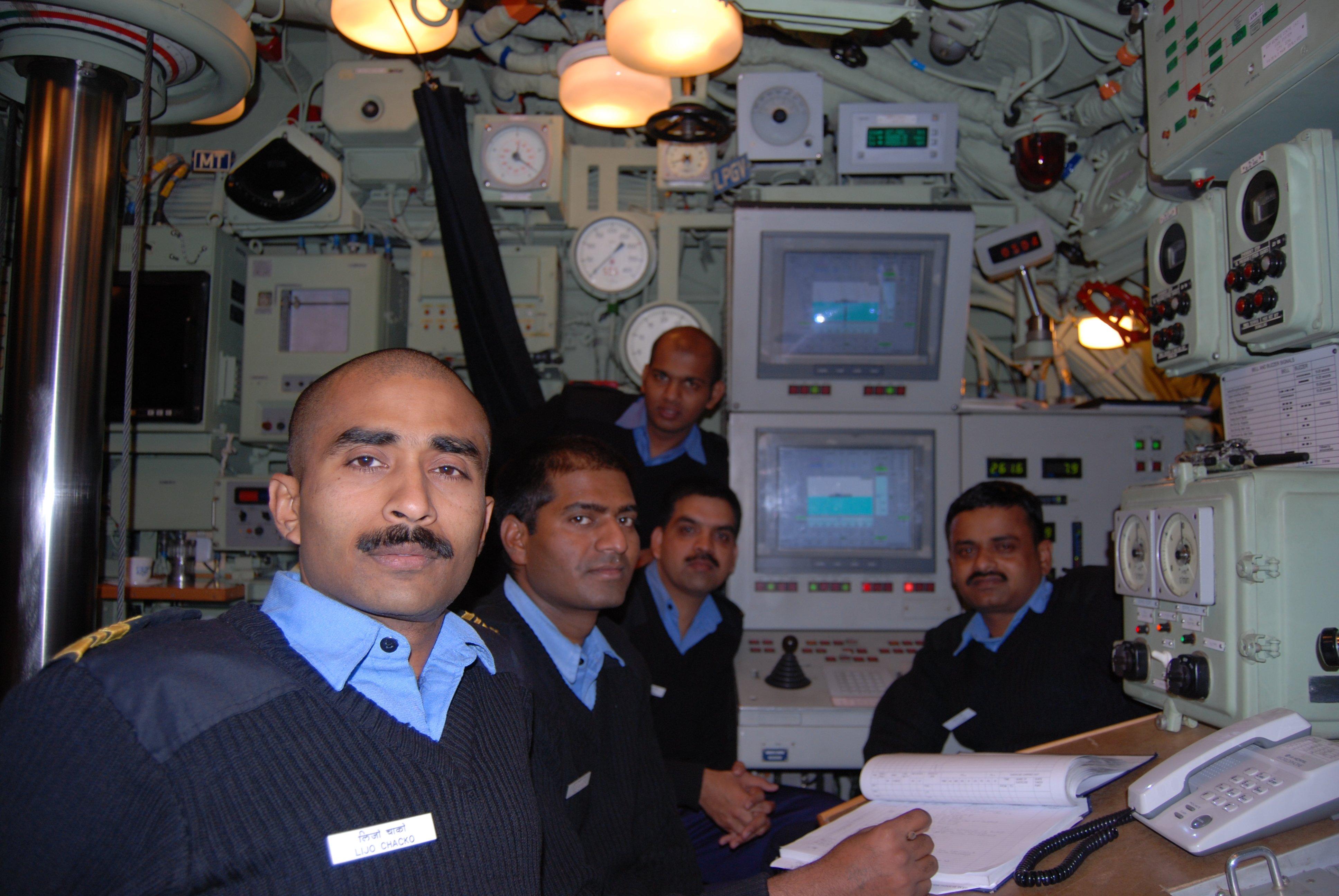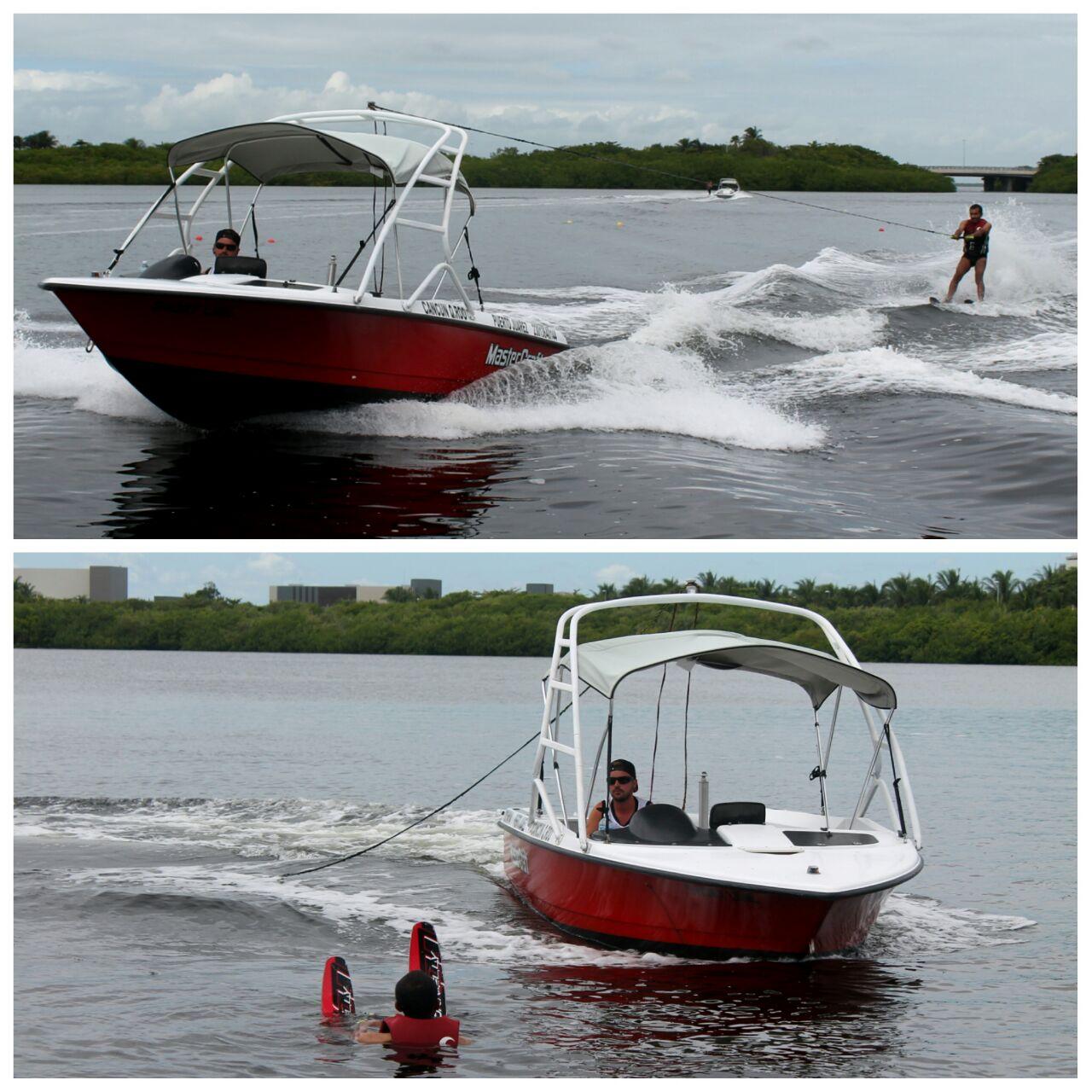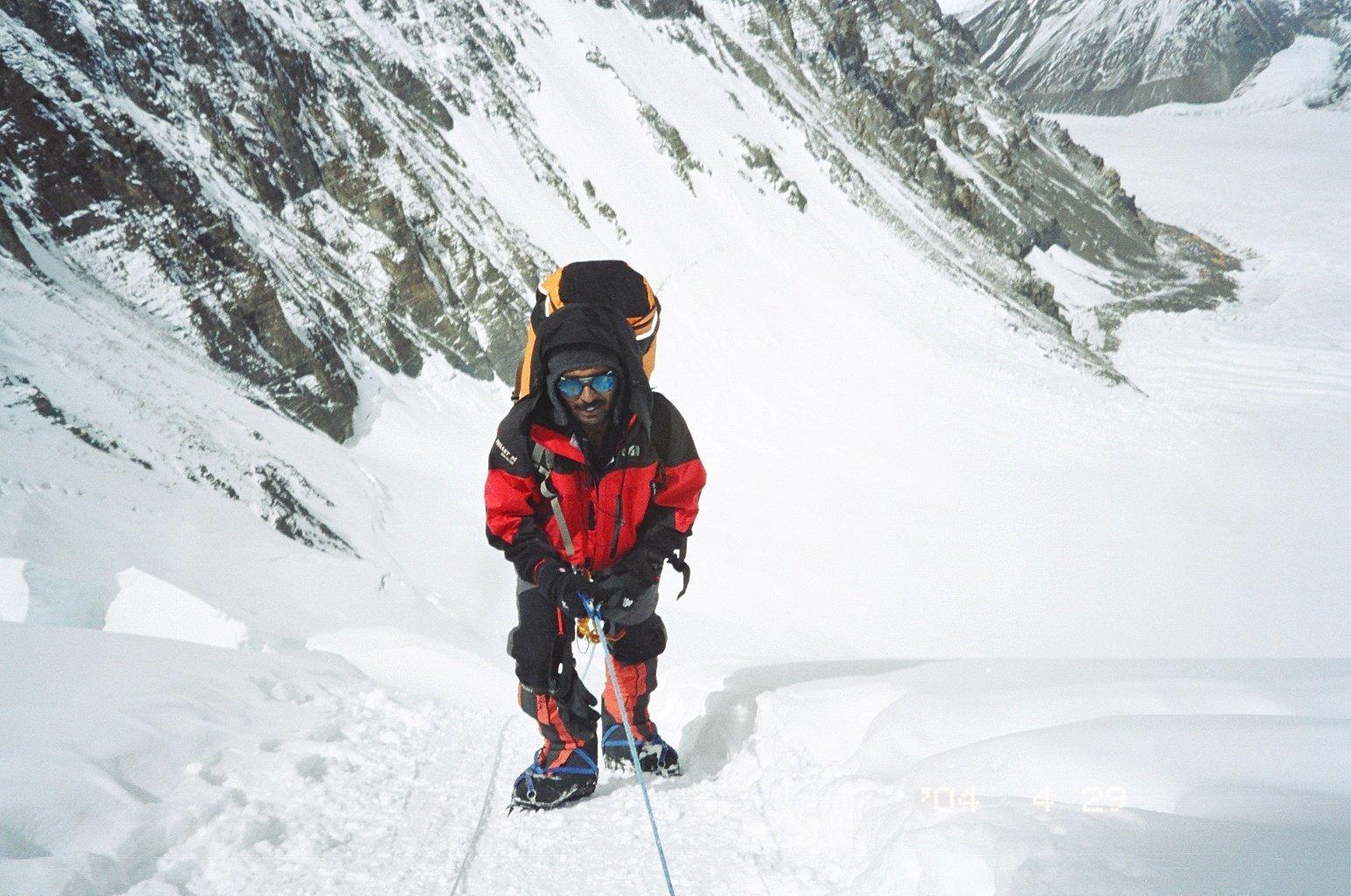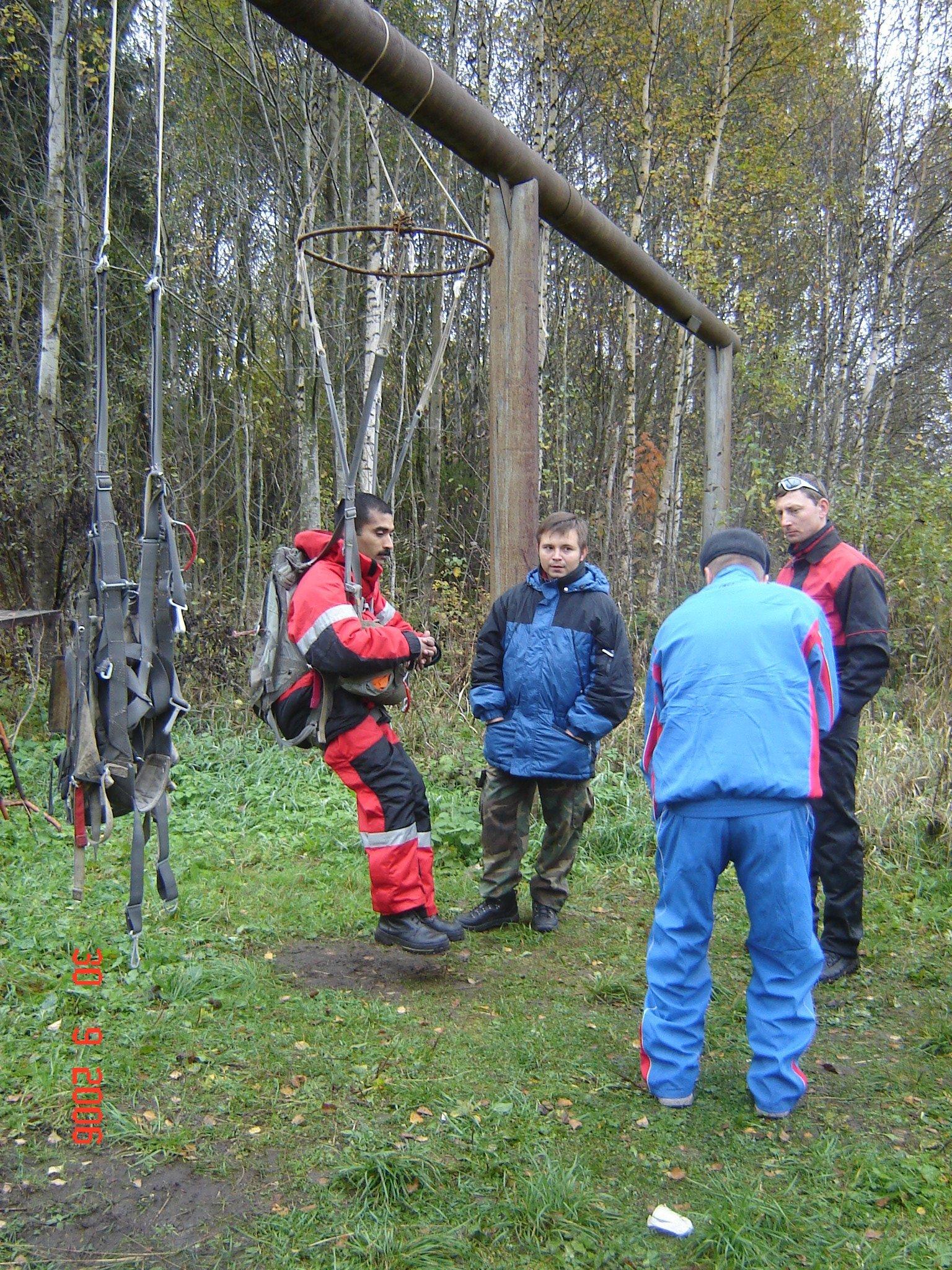Sometimes vocation and avocation come together like the way “…my two eyes make one in sight…”[1] But making that a day-to-day reality is perhaps the most challenging of human aspirations.

For many years, I was in the business of preparing for war. I was at sea, operating submarines as part of my being in the armed forces. The more time I spent in the depths of the sea, the more I became an integral part of the steel-teardrop-hull. My body became sensitive to the changing environment inside the submarine. My legs, for instance, would sense the need to transfer water in order to control weight and stabilise the submarine under water. The tension in my leg became an indicator, informing me of such situations before the dials and gauges indicated that. This kind of sensitivity seeped into my muscle memory, which I began to rely on. Discipline and rigour helped me get there. Probably, when we operate in envelopes where we have few ways to escape, we become compelled to constantly push ourselves. Slowly, I came to see, I was positioned perfectly between work and play.
I did my work with deep passion; we were taught that one had to play hard, for, when the time came, one needed to be perched properly in time and space to be able to kill. Though it sounds grave, my experiences make me think that there is redemption in this kind of work because of its inherent nature of play.
I have always maintained a life of frequent ‘play’. Wherever and whenever possible, I have tried to do something new and adventurous, while being cautious of not turning into an adrenalin junkie. It is not just about the rush, it is also about overcoming one’s limitations in small ways. For instance, I used to wonder why I was comfortable walking on a narrow path at ground level but got shaky when the same was at a height. To resolve this puzzle, I started to train myself to walk along the edges of the terraces of high-rise buildings. I didn’t succeed in fully overcoming the fear, but my legs steadied up after a few days. I would occasionally look down so that I was constantly reminded of the possibility of a fall (if one blocks off the height of that fall, then there is no fun anyway). The point is to plough on. Fear, even the smallest bit, can also provide a drive. In the pursuit to overcome this fear, one ends up making oneself stronger. This rigour, in every sense of the word, has been as important as doing anything playful or aspirational.
In my quest for a life of play, I have participated in various adventure activities and experiences. I experimented with adventure on all terrains – land, water and sky.

I sailed Lasers in the Bay of Bengal, where I learnt how not to capsize my boat to windward, as well as to right it in calm waters. It taught me how to fall in known ecosystems, so that when fate takes a whacky turn unbeknownst to us, faculties hitherto unused may be invoked to help us rise from our depths and survive.

I climbed the Everest from the North Face, aware of the inherent perils of altitude – lack of oxygen and cruel cold – with throbbing headaches, long accompanying nausea, sleeplessness, and extreme tiredness.
The only mountain I climbed took me to a different level of physical consciousness, especially because I was an amateur. That year, 17 from amongst the people who climbed with us from the North Side died on the mountains. I could have also been one of those who never returned had our training not been so deeply ingrained in me that my hand would automatically pull to double check even after hearing the click sound of a carabiner hitting the rope.
I paradropped a few times from an AN-2, a single engine utility biplane. I realised just before my second jump that my body had a coping mechanism – when my body was under a certain high level of tension, it could make me extremely drowsy to reduce the stress on itself.

I also discovered the connection between my body, mind and habits through various adventure machines. I learnt roller blading along the White Sea one summer, on roads so empty that after a couple of hours, I would be skating in a philosophical trance. Incidentally, in a contrarian sense, it is a good state to be in, since one’s focus has crossed over to something beyond what one had intended to learn or do. In that move, what one originally set out to learn slips into the realm of the subconscious, which does a better job than what our conscious brain can do. I realised that my body was capable of much more once my subconscious took over.
On the other hand, my body took over in another instance, when, never having trained to be a pilot, I flew a sports plane under the supervision of a retired US Naval fighter pilot. I landed thrice on water, and each time I managed to take the plane off again. Flying an aircraft had always been on my bucket list, but I had never dreamt that I would be able to do it. I mean, how can one fly a plane just like that? But believe you me, our bodies can. Sometimes, it’s the body that takes over; the mind is only an assistant.
I recently concluded my second Ramadan fast, which, for me, is another exploration of the mind-over-body experience. My effort was to observe hunger with reasonable detachment. I now look forward to doing Paryushan, the only-water 8-day fast of the Jains, in September this year. That will test my detachment indeed! I also plan to do the Narmada Parikrama in 2020, which is a roughly 2600 km walk around the river. We are not allowed to carry any money, food, and communication devices with us on the trip. I have been told that there are parts of the journey that we should plan and time well, lest we became food to beautiful and elegant beasts.
There is magic in pushing our body to its limits, and consciously ( and intentionally?) putting ourselves in harm’s way. By putting ourselves in these situations, we are forced to proactively carve out ingenious escape routes to extract ourselves from the dangerous scenario. Frequently doing something new keeps our neurons fired, and the physical aspect is a fun bonus! It is not that I don’t feel my knees wobbling or thighs turning into jelly; I do it because I feel those. If we let ‘life rest lightly on us’ then, it enables an important part of human development – to be able to handle the vicissitudes of life with a reasonable degree of elegance (or sadness). When one adventure gets over, of course, it’s time to try and find new ways to accost even newer delightful dangers.
When we engage with the Elements in hostile terrains, we push ourselves to degrees otherwise unfathomable, be it on the mountains, on the plains, under the sea…wherever. Who can you complain to and what is the point anyway? One becomes comfortable about taking Black Swans head-on, with humility. A bit like how one accepts the wicked problems of the social space but still plods on.
As we close this deliberation, let me cheer Robert Frost’s ‘Two Tramps in Mud Time’ with whose spirit we began:
Only where love and need are one,
And the work is play for mortal stakes,
Is the deed ever really done
For heaven and the future’s sakes.
[1] “Two Tramps in Mud Time” by Robert Frost
